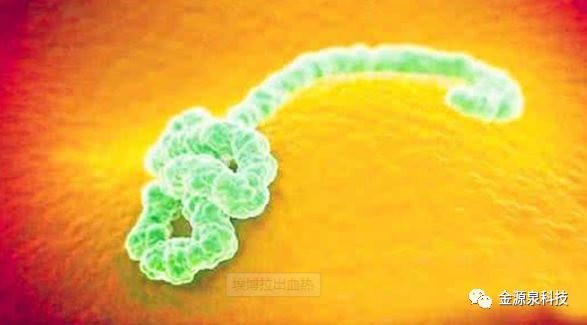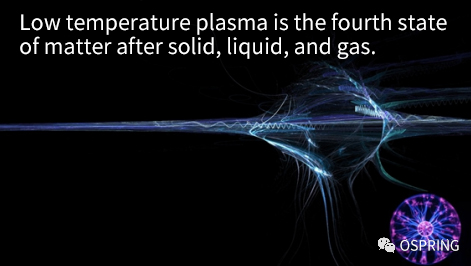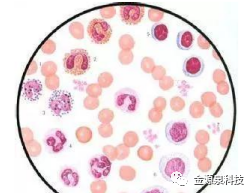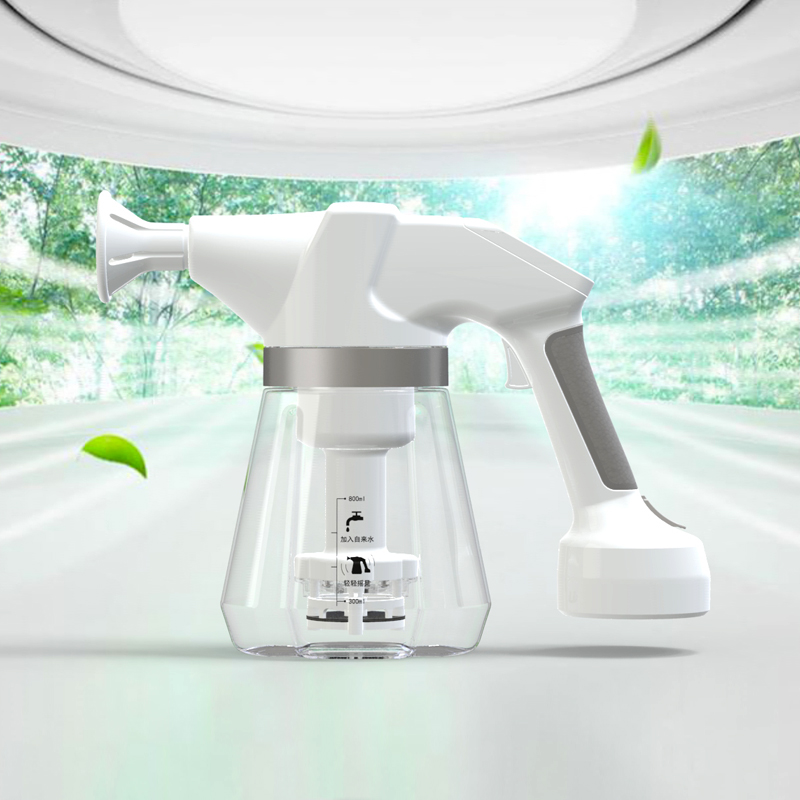90% Lethal Dangerous Virus Is Spreading All over the World, and Plasma Biomimetic Sterilization Technology Is on the Market
Ebola Hemorrhagic Fever (EHF) is an acute hemorrhagic infectious disease caused by Ebola Virus. People, who are infected with EHF, are mainly caused by contacting with body fluids, secretions and excretions of patients or infected animals. The clinical manifestations are mainly protrusion fever, hemorrhage and multiple organ damage. The fatality rate of EHF is high, reaching 50%—90%. The fatality rate of EHF is high, reaching 50%-90%. The disease was first discovered in Africa in 1976. It is currently prevalent in Uganda, Congo, Gabon, Sudan, Cô te d 'Ivoire, South Africa, Guinea, Liberia, Sierra Leone and other African countries. Suspected EHF cases continue to appear in Rwanda recently.
At present, there is no vaccine to prevent EHF, and disinfection of living environment and personal hygiene has become a key measure.

The Existing Disinfection Technology
Common ways of disinfection include high temperature, ultraviolet ray, ozone and 84 sodium hypochlorite disinfectant.
The following is a comparison table of common disinfection methods:
Ecological Black Technology of Ospring
Generation of plasma: Positive and negative ions such as OH-, H+, CLO-, CL-, etc. are generated by ionization on the surface of specific inert metal materials under the action of direct current voltage. These plasmas can flow at high speed near the electrode electric field, and some of them are neutralized to generate highly oxidizing substances such as HOCL.

Biological effect: Neutrophil is a special white blood cell in the body, which is the body’s first line of defense against infectious invasion factors (bacteria, viruses, fungi). HOCL can be regarded as the most toxic and abundant oxidant produced by leukocytes such as neutrophils and monocytes.
In neutrophils, myeloperoxidase and hydrogen peroxide (H₂O₂) react together with chloride ions to produce hypochlorous acid.
H2O2+2Cl-===2HOCl

Disinfection mechanism
Progressive disinfection: HCIO can not only act on cell walls and virus shells in the progress of sterilization and virus killing, but also can gradually penetrate into bacteria (virus) bodies to undergo oxidation reaction with bacteria (virus) body proteins, nucleic acids, enzymes and the like due to small hypochlorous acid molecules and no charge, resulting in the death of pathogenic microorganisms.
Infiltration disinfection: Chlorine ions produced by hypochlorous acid can also significantly change the osmotic pressure of bacteria and viruses, causing their cells to lose activity and die.
Oxidation potential difference disinfection: HCIO has 80 times the bactericidal capacity of CIO-, especially the new ecological oxygen and hydroxyl radical OH decomposed by HCIO can rapidly oxidize and decompose viruses and bacteria.

Post-Technological Ecology, a Little Fresh Life
HOCl===HCL+[O]
After HCIO liquid acts on the surface of food and other objects in the form of spray, it is finally decomposed into weakly acidic water (no irritation to skin), chloride ions (common mineral components) and oxygen (enhancing the oxygen concentration of air), thus truly realizing the life with a little freshness brought about by scientific and technological ecology.
Air Washer realizes plasma collision, combination and biomimetic mechanism of human immune system through ionization technology of black technology to form highly active, safe and nontoxic HCIO solution, which acts on every corner of the room, eliminating bacteria and resisting poison, making our living environment safer and fresher.


